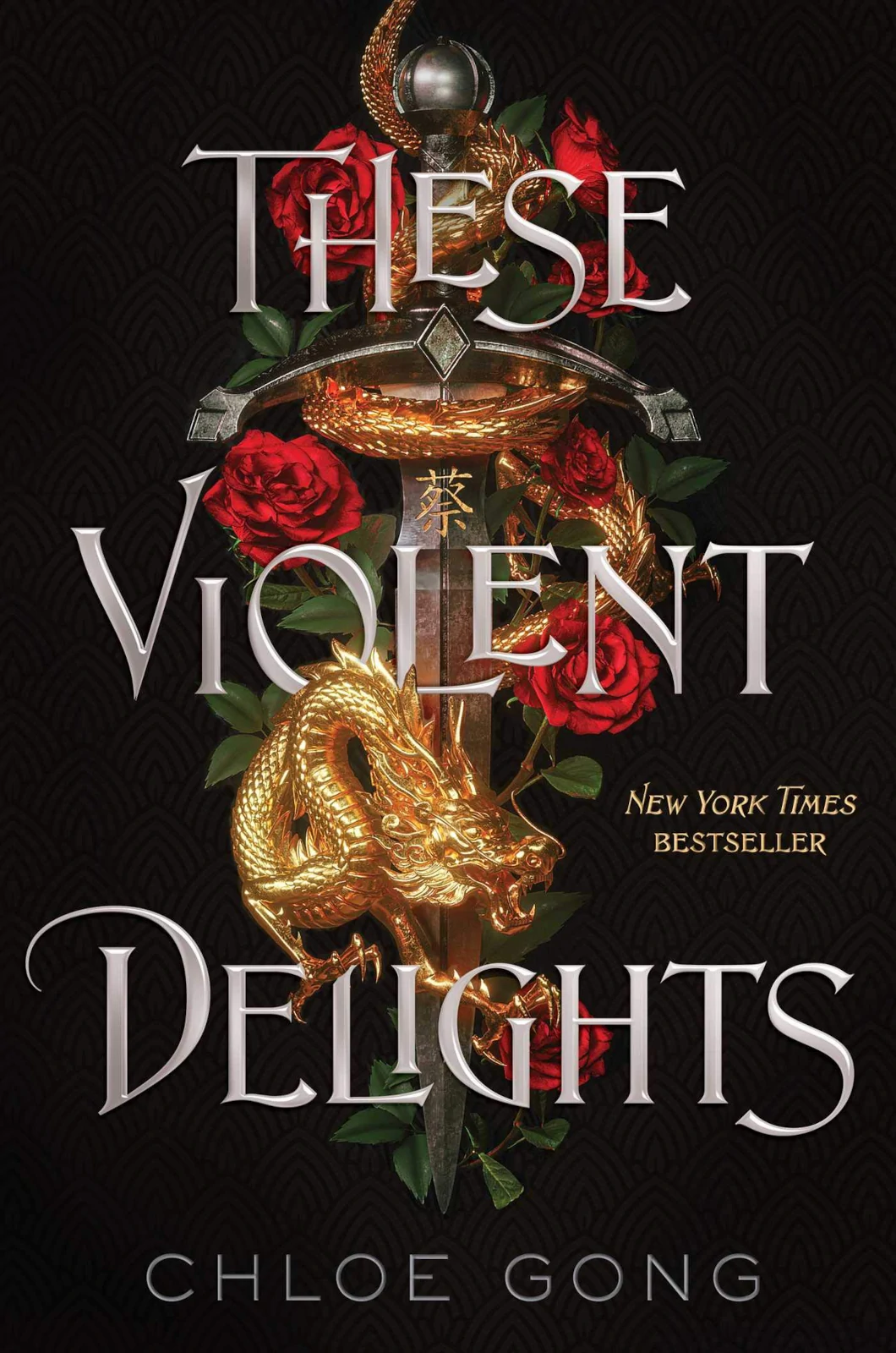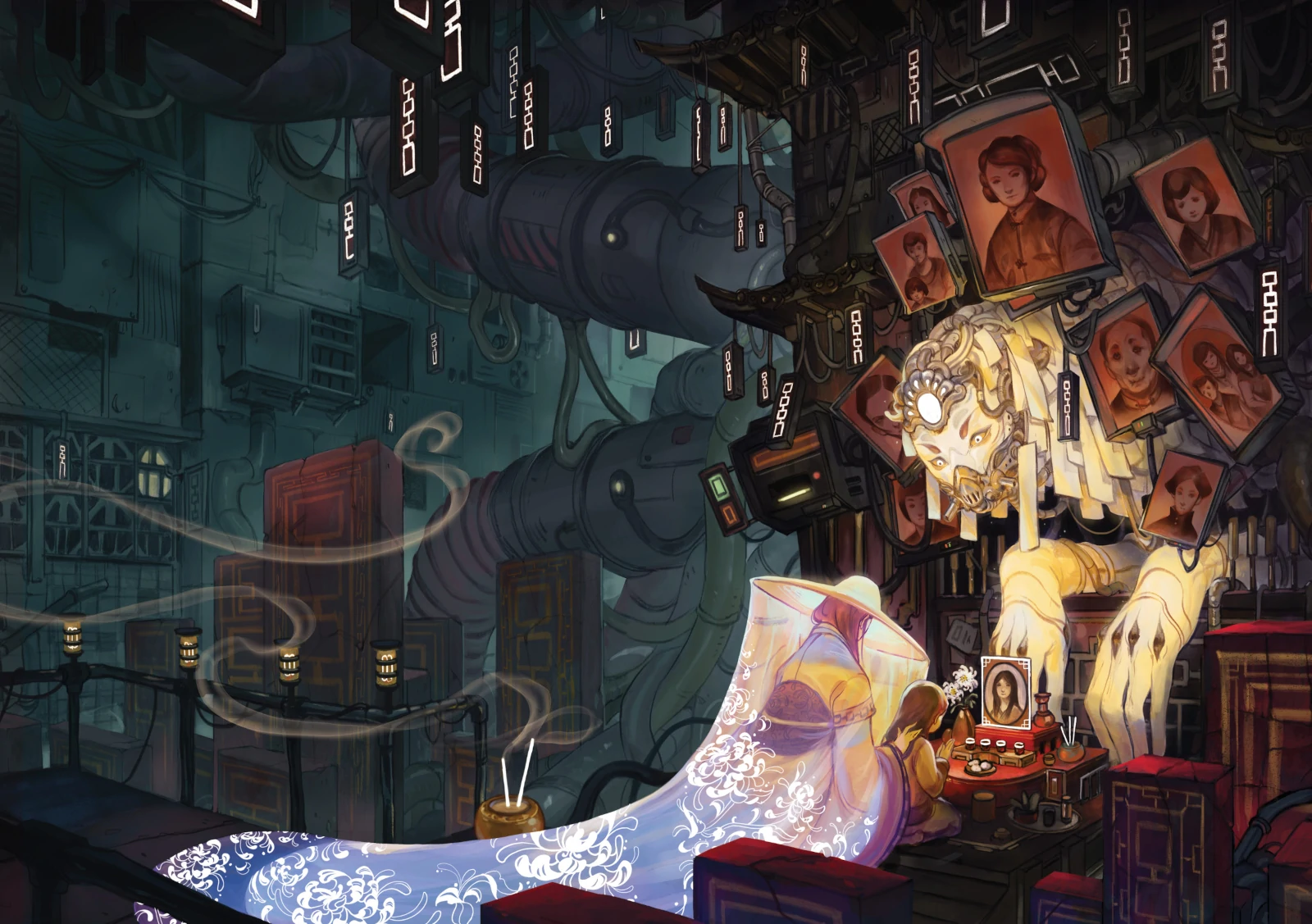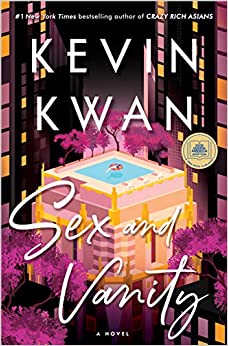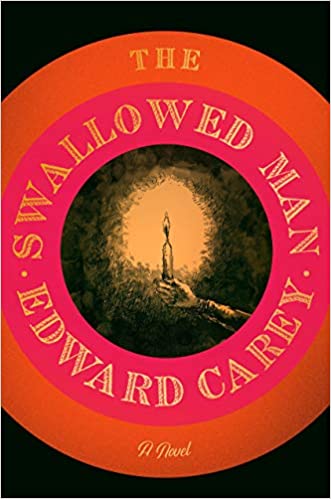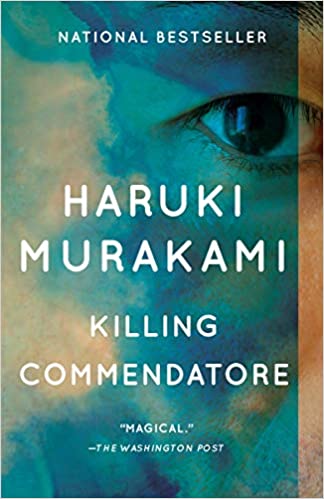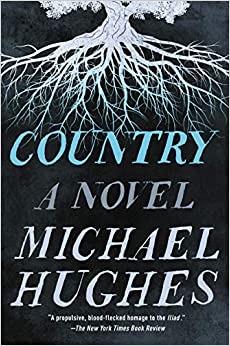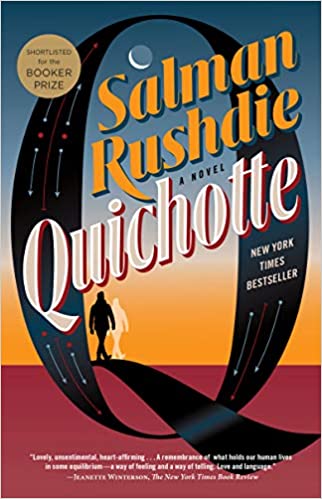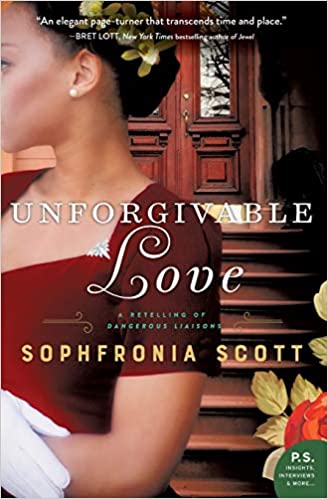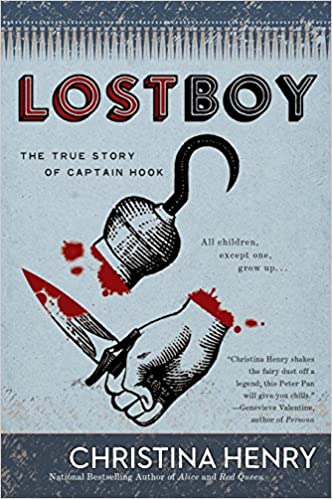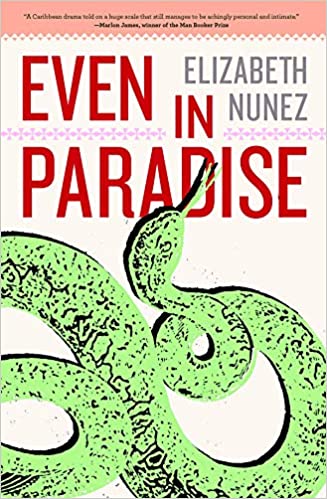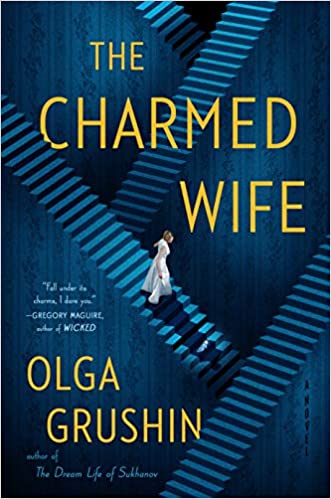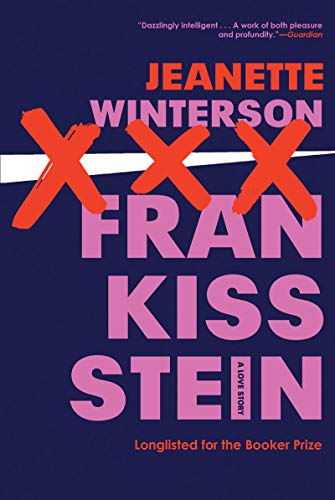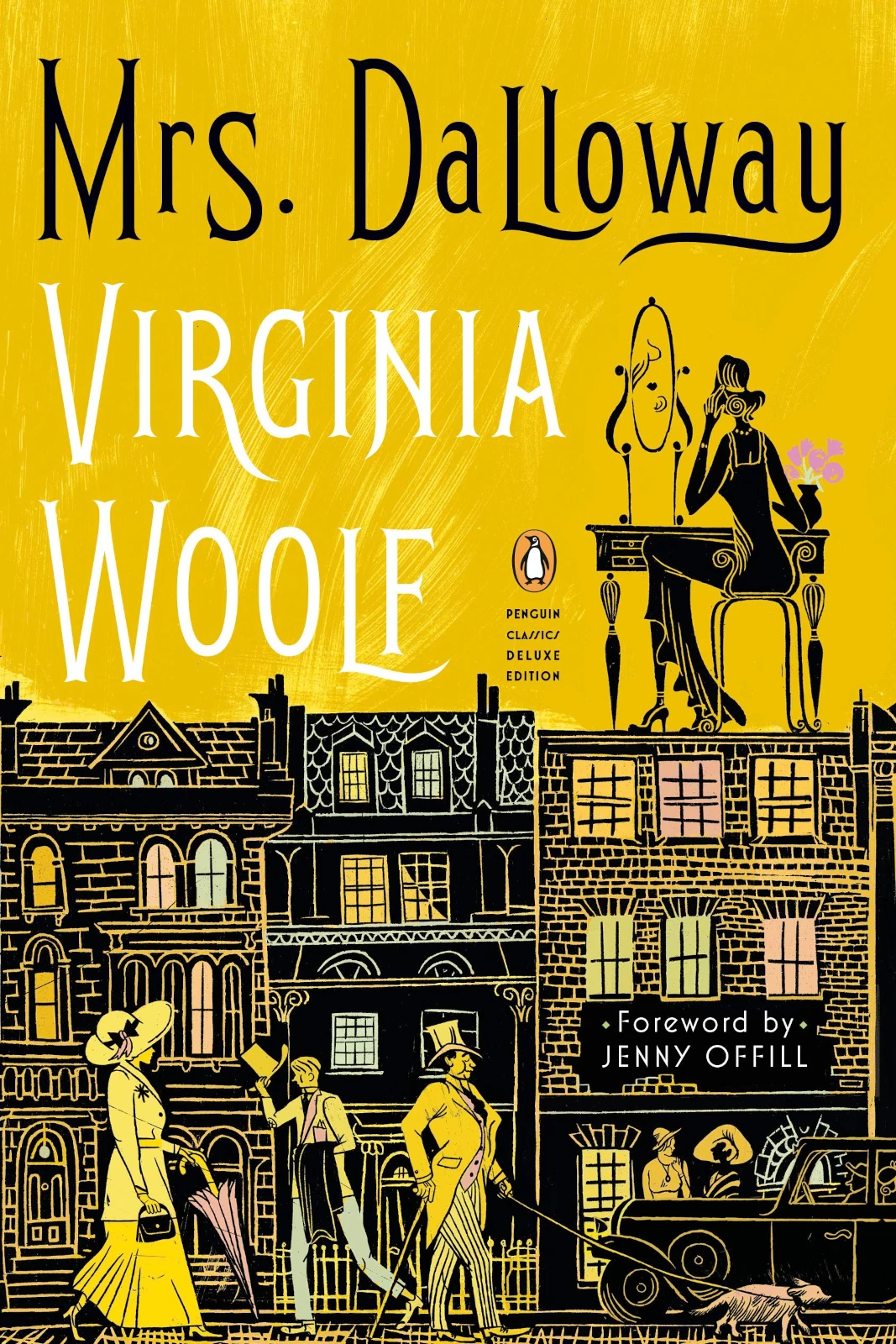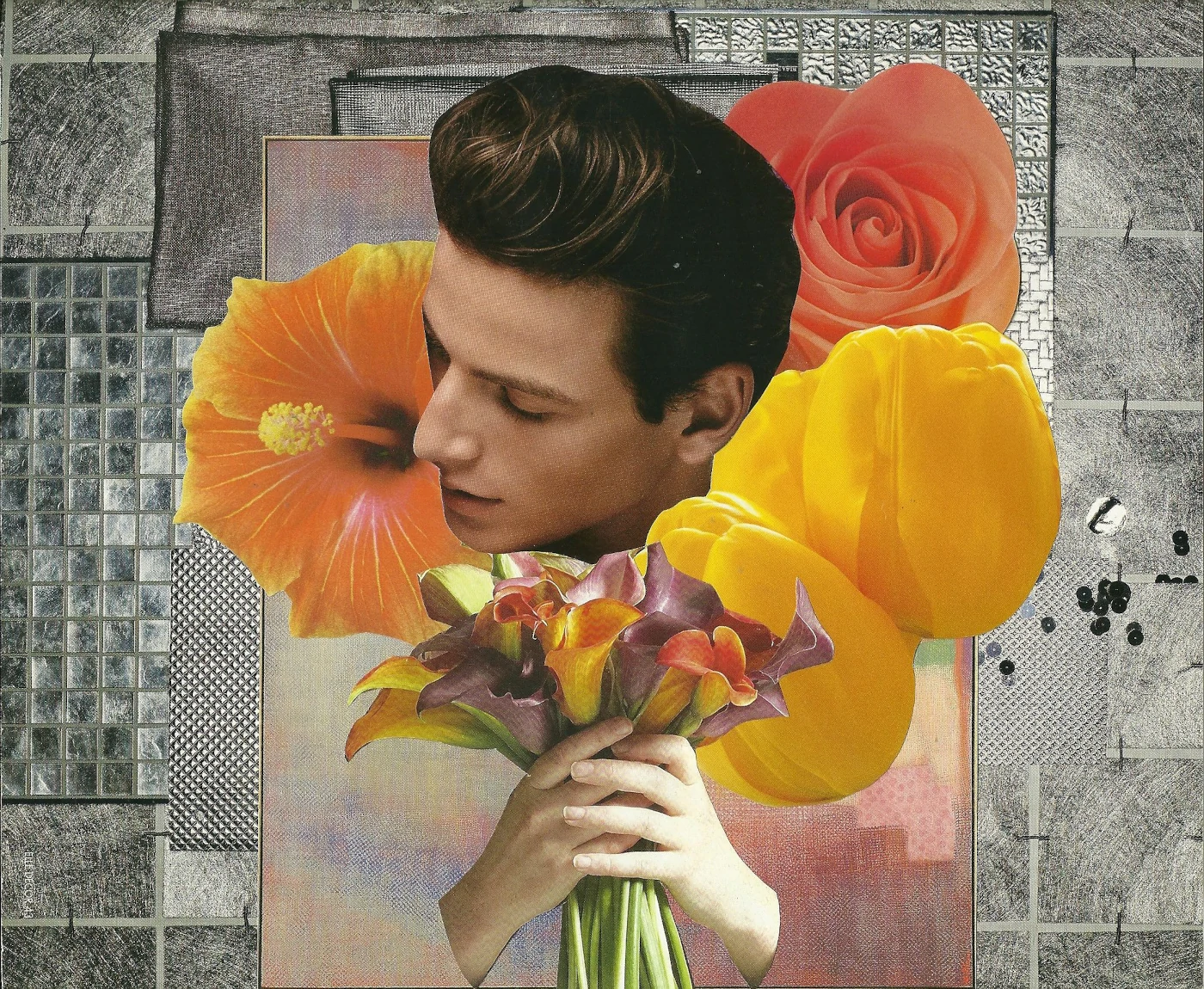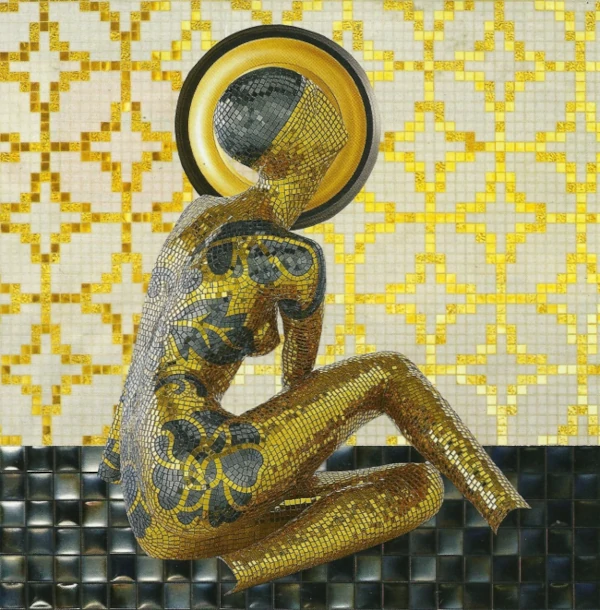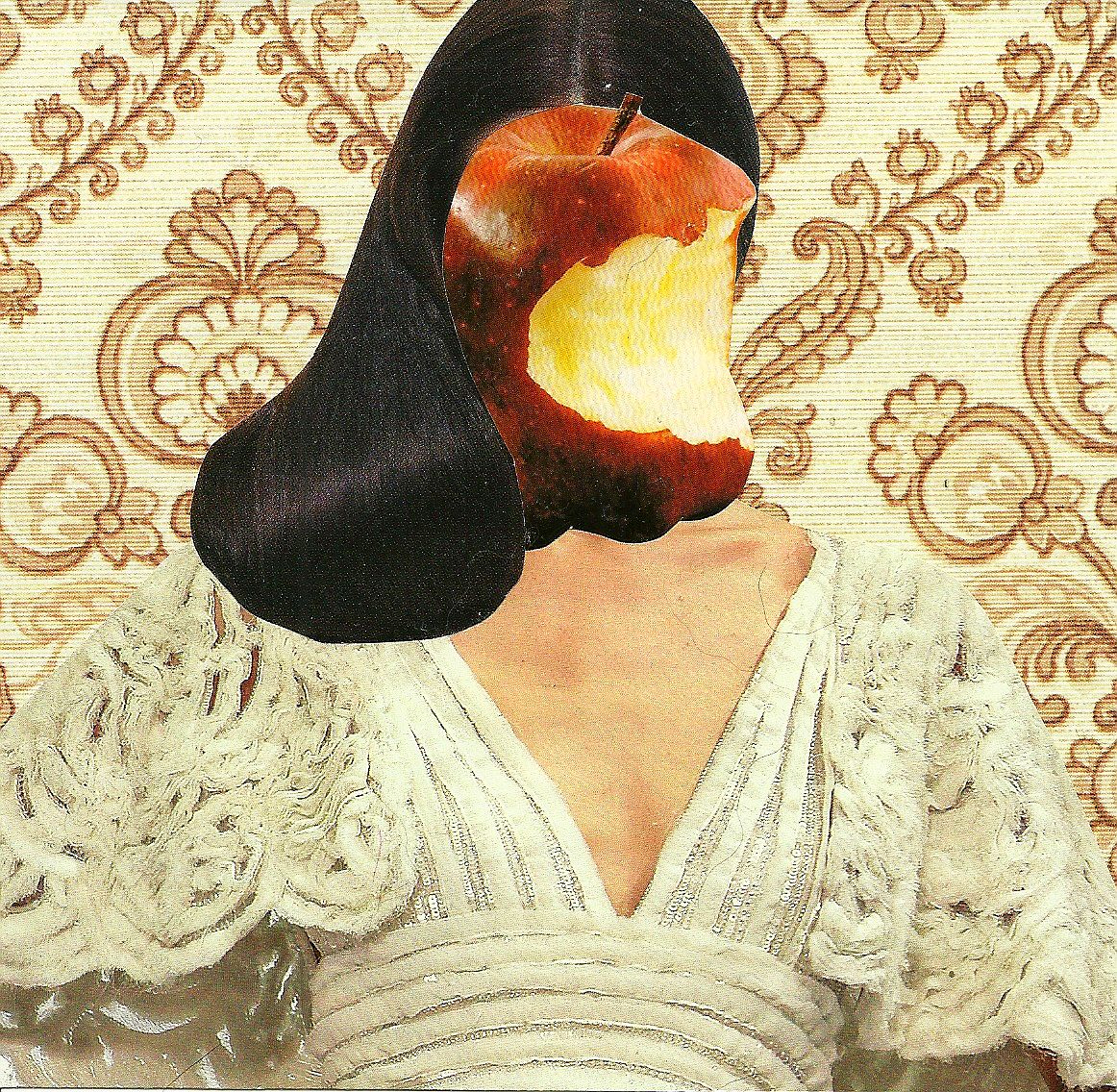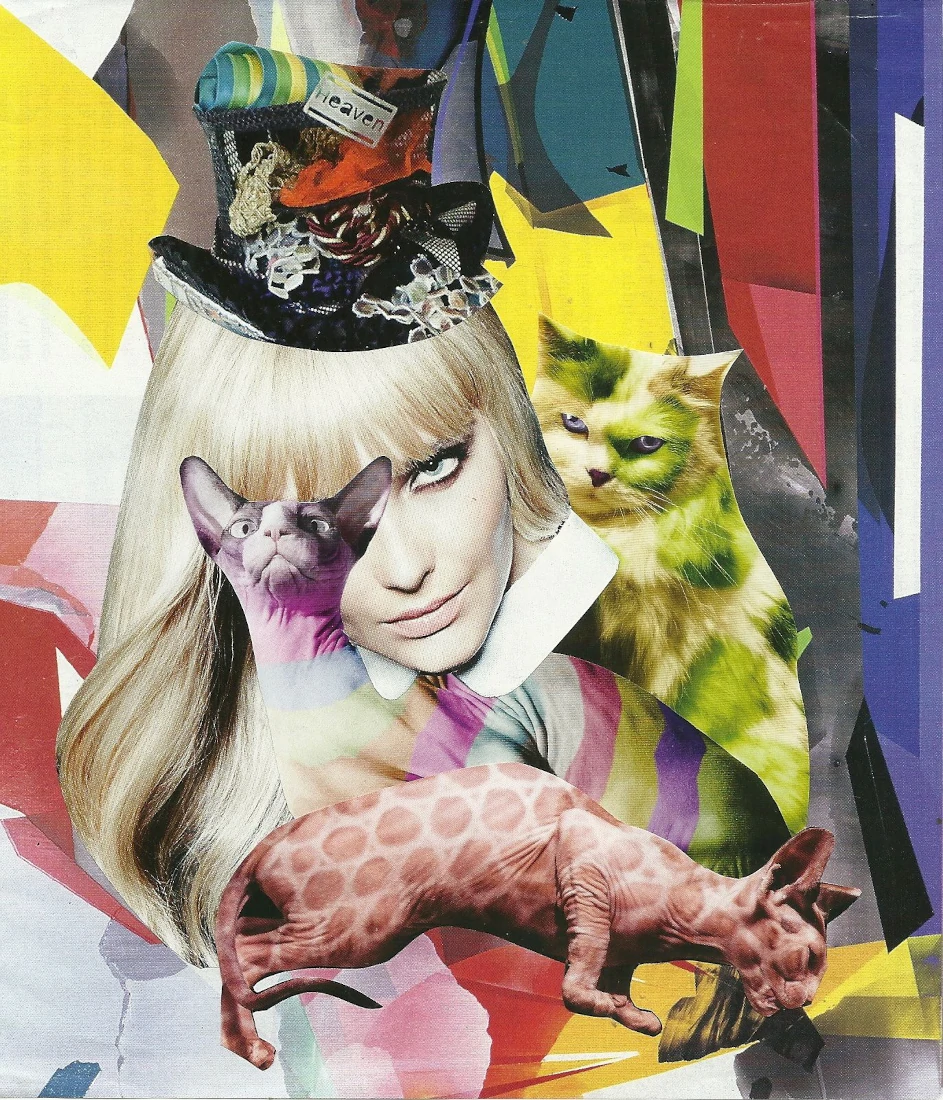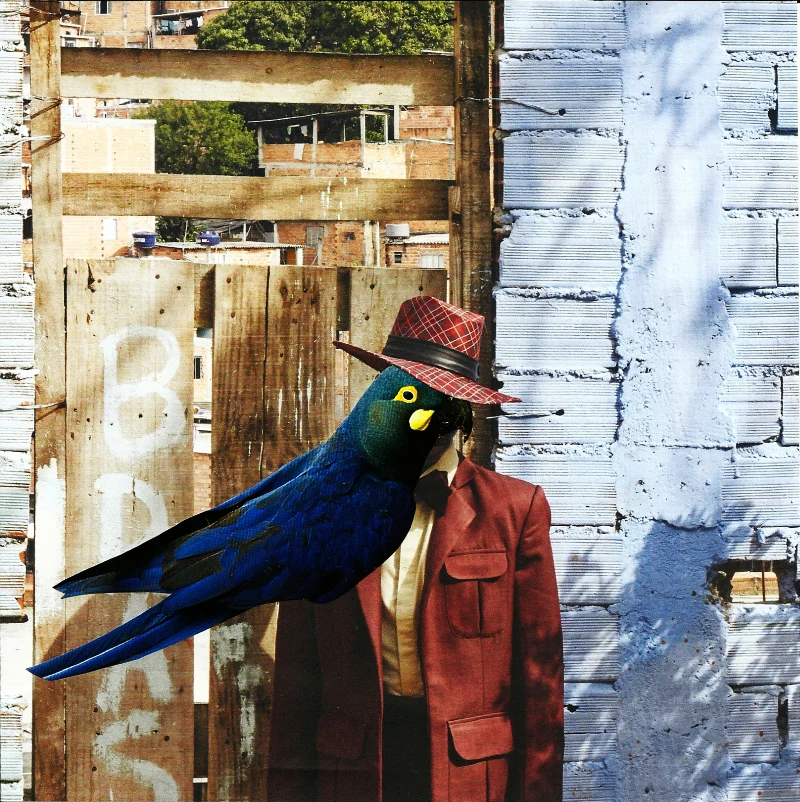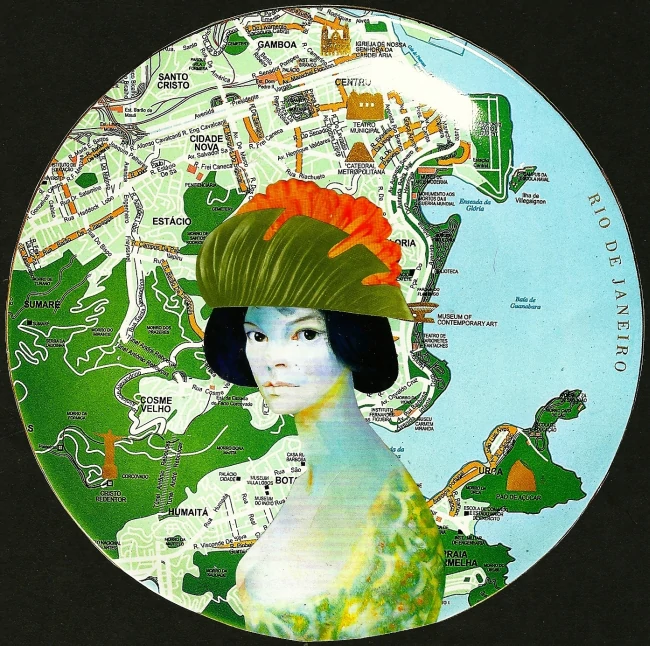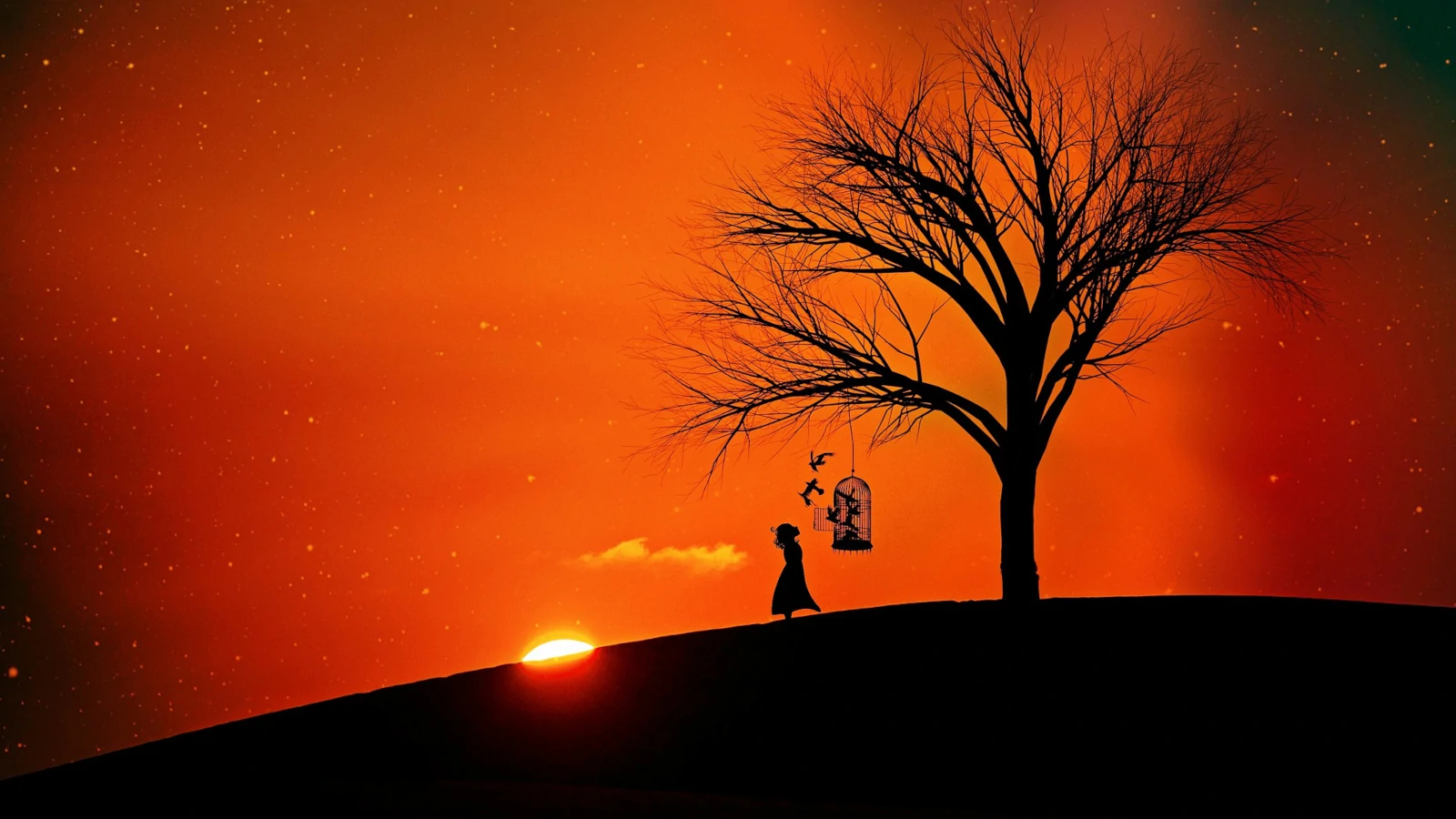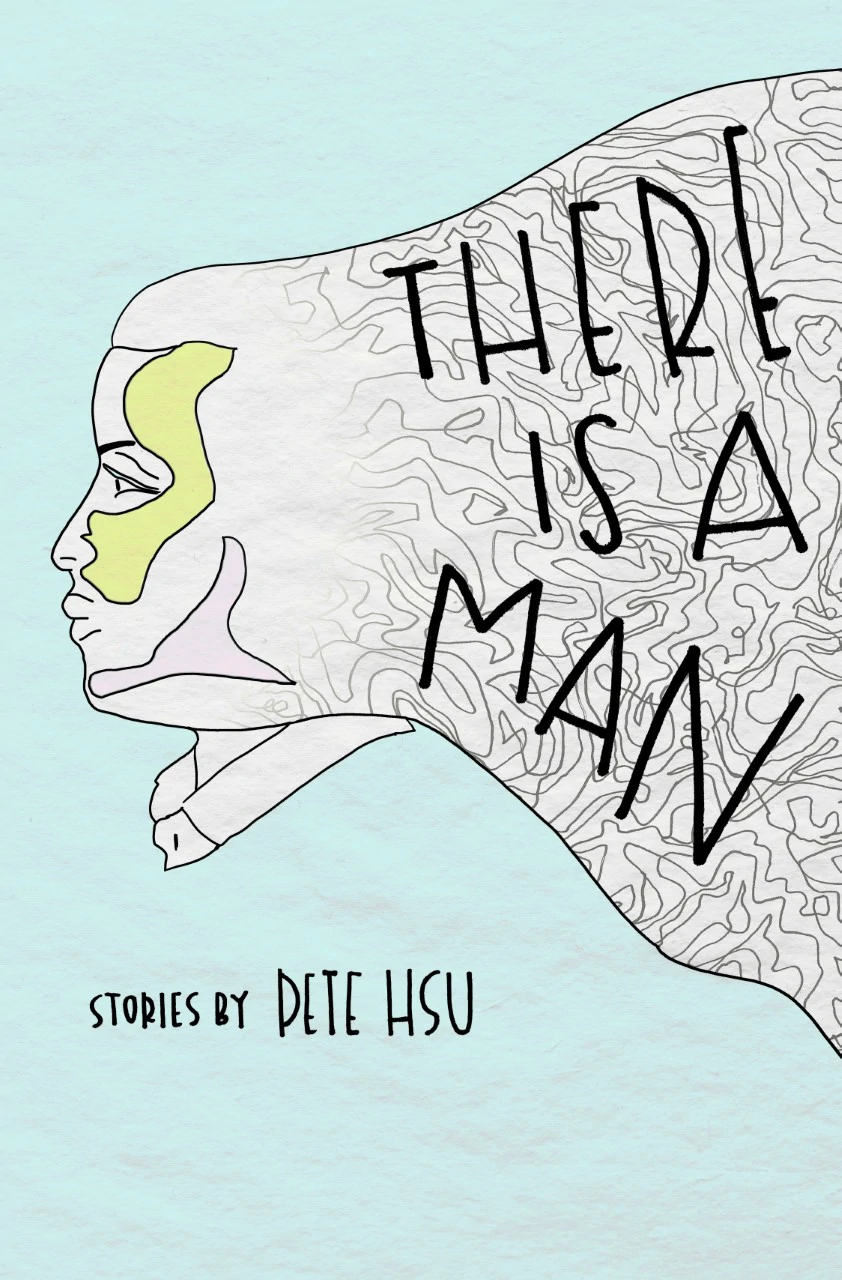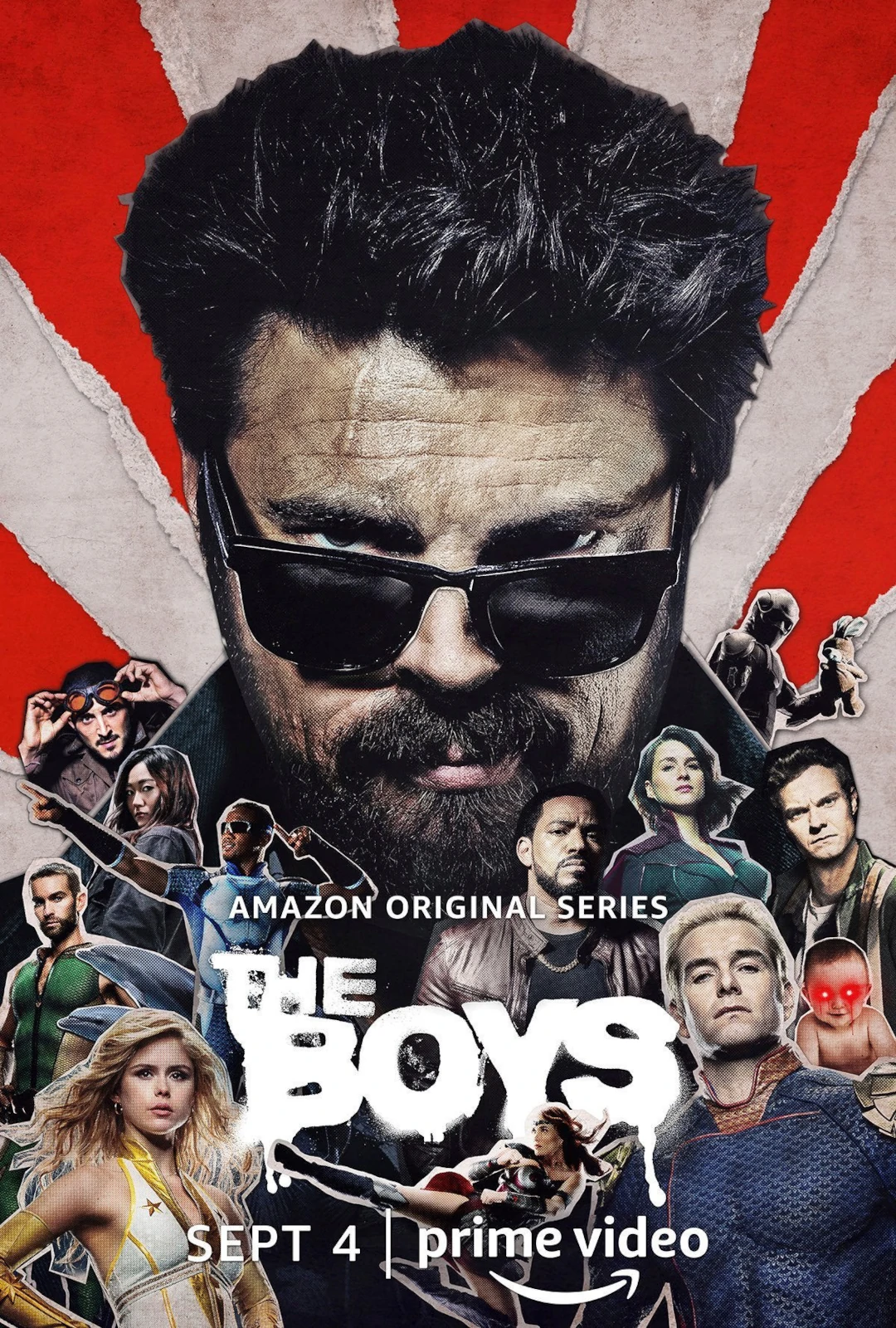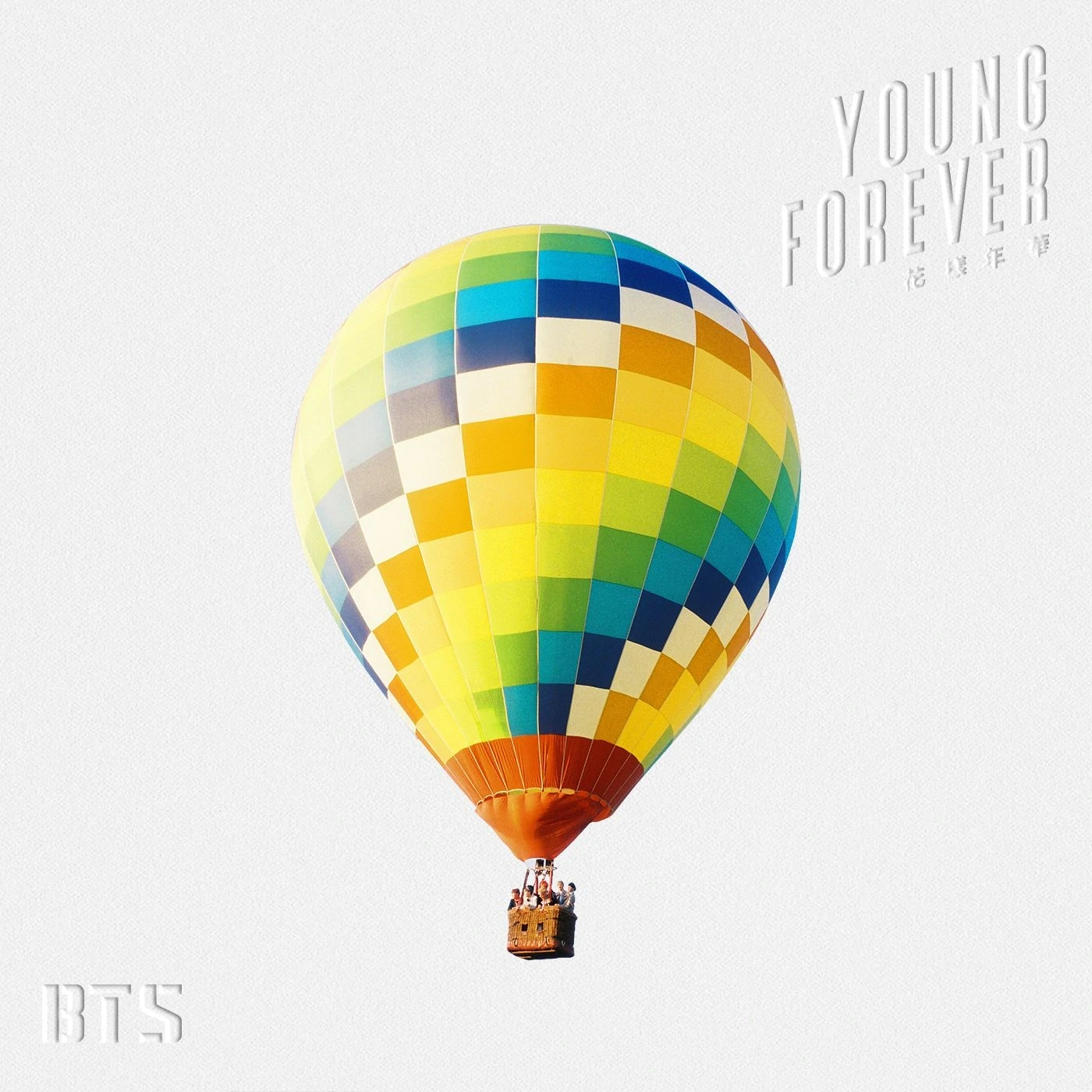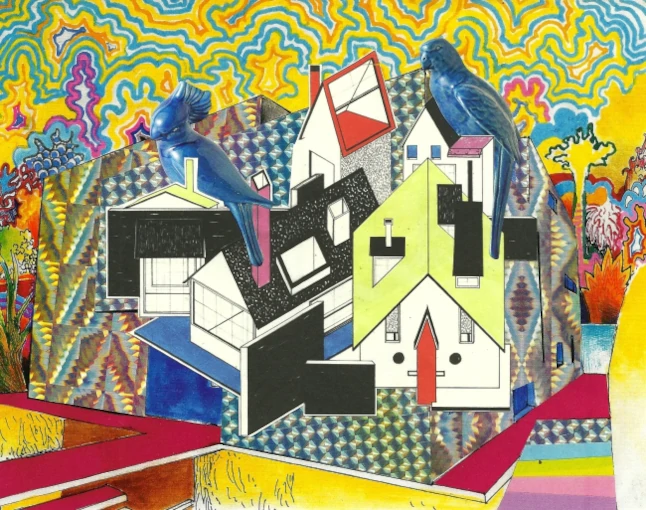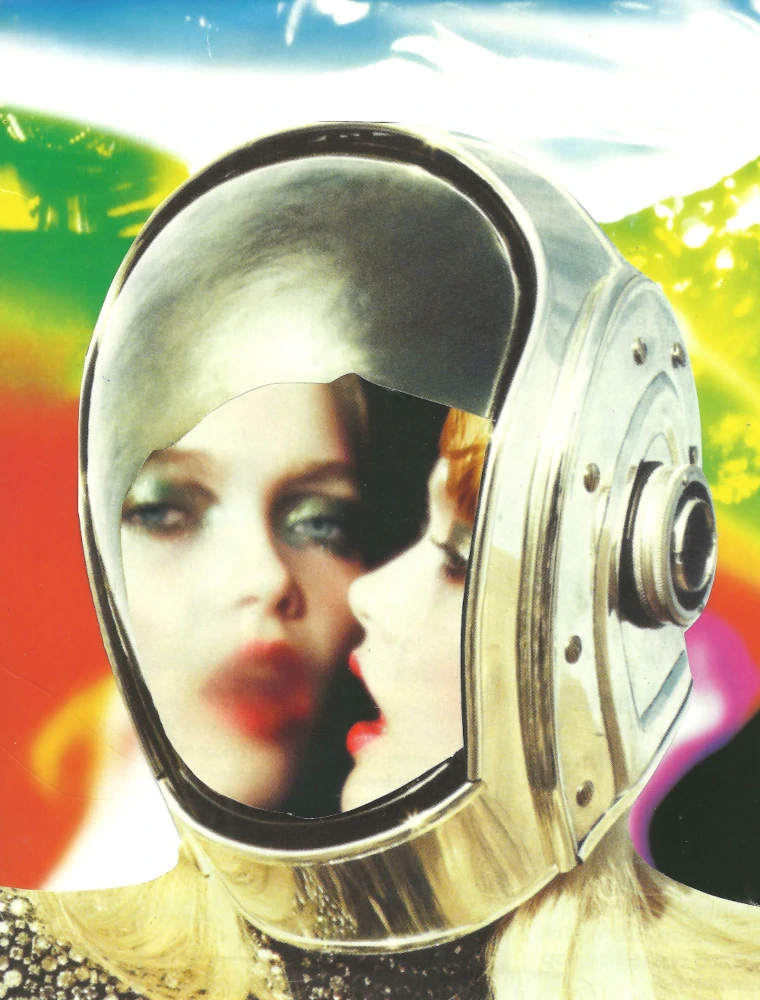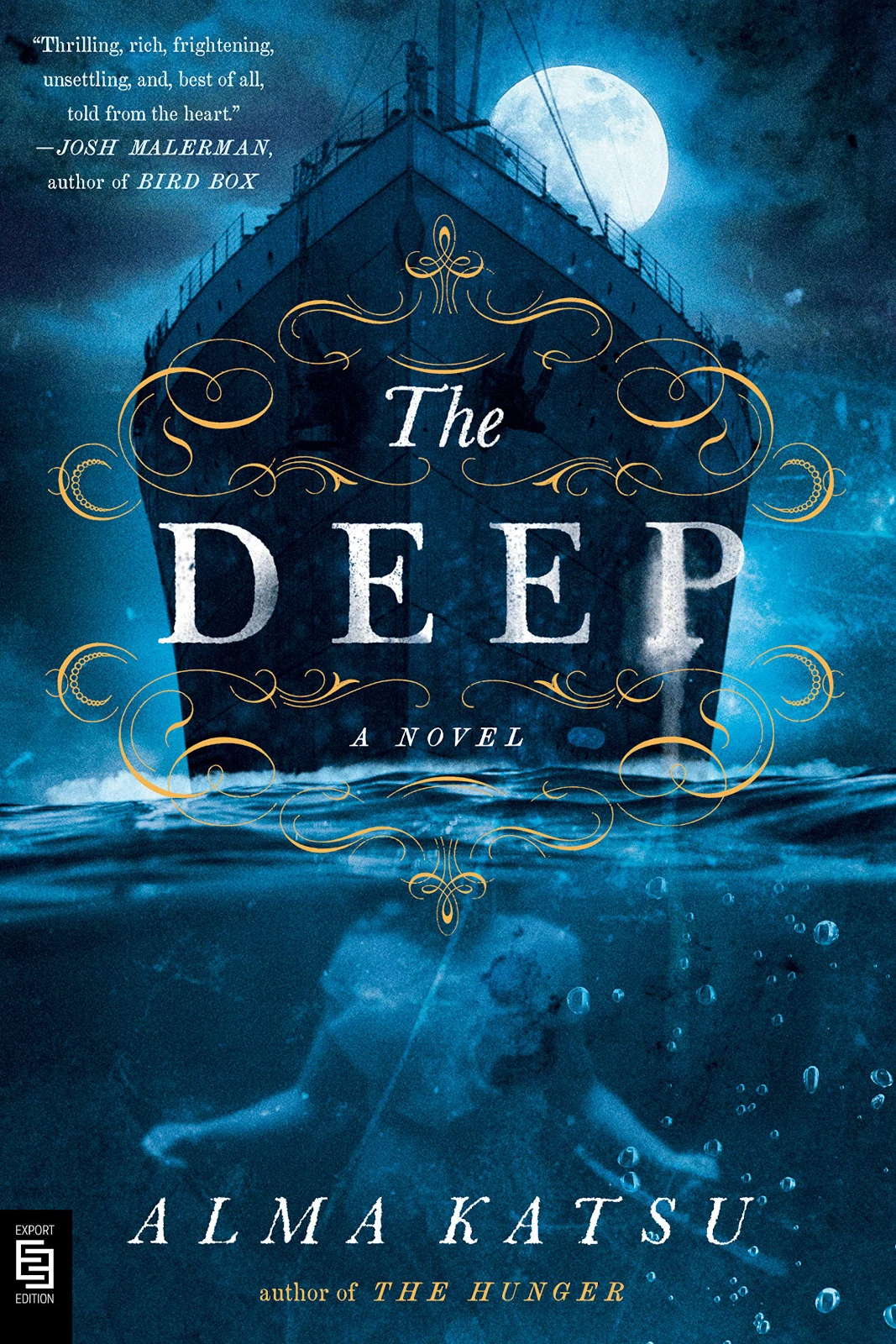
The Deep : An Interview with Alma Katsu
What drew you to the sinking of the Titanic and the Britannic?
After The Hunger, the natural question was what big disaster will you turn to next? But answering this is harder than it appears. Not to sound too callous but it’s got to be the right disaster, to have the right elements for a novel (mystery, adversity, challenge, and triumph; it can’t be all doom and gloom). There’s arguably no greater disaster in most people’s minds than the Titanic so it seemed the logical thing to tackle, though daunting. It’s so well-known and held in such esteem by so many people that you risk displeasing some of them, no matter what you do with the story. But it seemed like a grand challenge, and I love a writing challenge.
The sinking of the Titanic (and, to a lesser extent, its sister ship, the Britannic) occupy a very specific place in the public imagination. Regardless of the actual historical facts, the events have become mythologized. How did you grapple with that when writing The Deep?
Ah, the conundrum of every writer of historical fiction. Where to draw the line between fact and fiction will vary depending on the story we want to tell. And will my work of fiction only contribute to the mythologizing? Readers who prefer novels that are practically nonfiction won’t find my books satisfying, I’m afraid, but hopefully they’ll know what to expect as we try to make clear up front that these are reimaginings with an added element: horror.
Even with that warning, however, readers’ expectations are still in the back of your mind. Luckily, my readers seem to have come to enjoy the blend of fact and fiction and have made a game of discovering for themselves where the line falls. Many write to tell me the novels have spurred their interest in the actual history, and that they’re reading all the nonfiction accounts they can get their hands on, which is music to my ears.
Perspective is incredibly important within The Deep. Characters move through the novel as the heroes of their own story, each interpreting events a certain way. How did you balance the characters’ vastly different perspectives of the same events?
One thing I try to do with these books is reflect the issues of the day, and, for that period in time, the two big issues were class and wealth disparity (a small number of rich, dynastic families getting disproportionately richer and a growing number of the population falling below the poverty line) and women’s rights. Making sure these two issues were represented in the story guided a lot of choices in terms of who would be the POV characters, what their concerns were, and how they viewed the world around them. For instance, the main character is a poor Irish maid, not at all worldly, thrust into a completely alien situation—the great tumult of the Titanic’s maiden voyage—alongside Maddie Astor, new wife of the richest man in America.
Building off of that, Annie’s perspective is suspect from the beginning. The reader isn’t certain whether or not to trust what she tells them. Was this a challenge for you to write?
Extremely difficult! Because it’s easy to frustrate the reader if the narrator is too wild or seems to contradict herself too much. It’s a delicate balance and I wish there was an easier way to do it other than lots of trial and error. Lots of rewriting. It helps to have models in mind, an example of the exact note you want to hit. Mine was Rebecca by Daphne du Maurier, where the mystery was just enough to keep you off balance.
The Deep weaves together two different timelines and two different disasters. Was this your plan from the beginning? Did anything surprise you about working with two separate timelines?
Once you find out the sister ship also sank, then there’s no way you cannot use that in the story, don’t you think? It raises the possibility of something supernatural at play, that somehow it was fated to be, and for a writer that’s impossible to resist—even if it makes plotting difficult. Really tricky.
A project like The Deep must have involved extensive research and planning, and that’s not even factoring in the time to write. How long did you work on The Deep from start to finish? What was that research process like?
The research on books like The Deep and The Hunger is considerable, but I was a professional research analyst for most of my life so I don’t think it’s as daunting as it might be for most people. I am strict with myself and don’t allow for a lot of getting lost in rabbit holes, if you know what I mean. I do a lot of spot research as I’m writing. For me, it’s not the writing that’s a time-sink as much as the rewriting, as my books tend to go through a couple rounds of heavy-duty revisions with the editor.
Every writer is different, but for me the first draft stage is usually six months or less and that includes research. Each revision can take one to three months. Of course, that might mean fifteen-hour days when I get close to deadline.
The character of Violet Jessop is an interesting one. She’s also a historical figure who lived a varied—and at times tragic—life. How did you first learn about her? What drew you to write about her?
Violet was the reason there’s a book, really. My husband was watching a documentary on the first visit to the Britannic wreck and they mentioned there was a woman who had survived both sinkings, and I knew there had to be a story in there! Obviously, a lot of Anne Hebbley, the main character, is patterned on Violet but with all the things that happen to Anne and that needed to be in her backstory, it didn’t feel right to simply put all that on Violet. The right thing to do was make a fictional character, but Violet is so special in her own right that I still wanted her in the book in some way.
The Deep blends the supernatural (or, perhaps more importantly, what the characters believe is supernatural) with a real, historical tragedy. How did you balance the two when you were writing? Was that a challenge?
The guiding premise is the question of whether magic is real. So, The Hunger and The Deep examine where the dividing line is between magic and what we believe to be reality. Are the two completely separate, or could reality be a mixture of the two? Is magic simply another interpretation of our experience, or what we have come to think of as science? Medicine and treatments that are common today were the realm of alchemy or treated solely through spiritual means just a few centuries ago. As our modern world becomes more and more science-based, it does get harder to carve out a space for magic and the power of belief.
After having successfully accomplished so much, what are your goals? What direction do you see your writing taking now, in terms of both craft and publication? What projects are you currently working on?
It’s important to have goals, and easy in this profession to fall into a groove, I think. One big challenge was writing my first spy novel, which may seem like it’s coming from left field but makes more sense when you learn that I was a career intelligence officer. I didn’t start off with spy thrillers for a couple reasons, mainly waiting until I retired so there would be fewer complications with the home agency. Red Widow just came out and I am ridiculously proud of it, as I set out to write a book that was perhaps a truer representation of what the life inside is like, particularly for women.
I’d also hoped to break into film and TV (as I’d seen so many of my fellow writers making the leap) and I’m happy to say Red Widow is in development with FOX, and I’m getting a front-row seat as one of the executive producers. The Hunger is also about to be pitched to studios, too, and it’s kind of amazing to see these long-held goals be realized.
